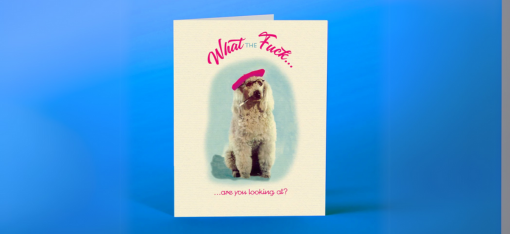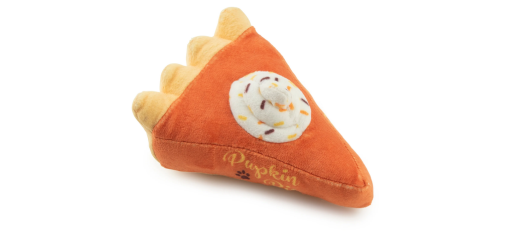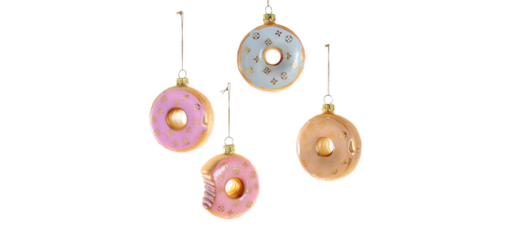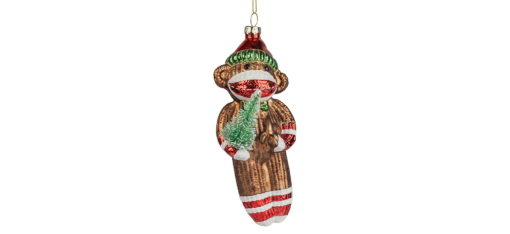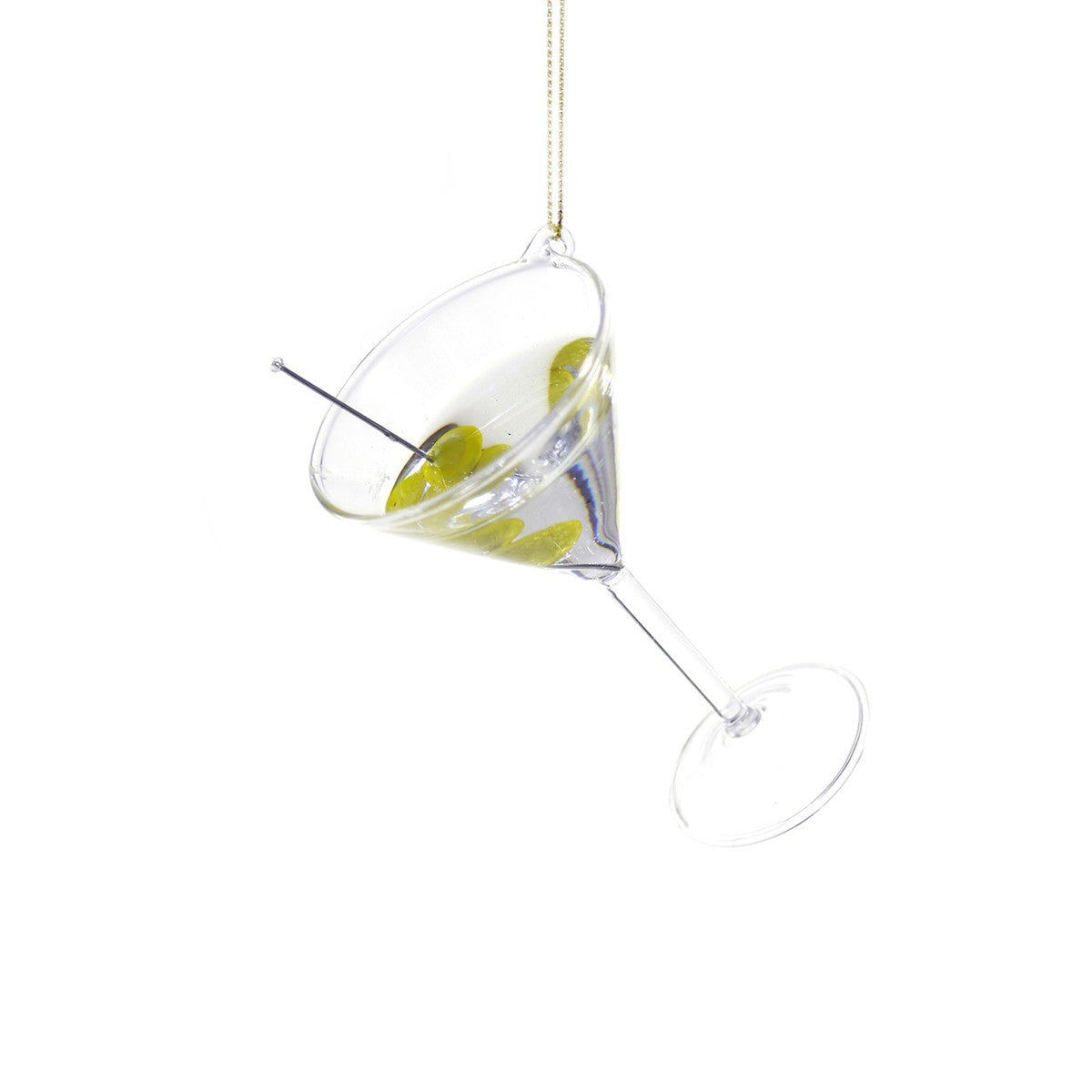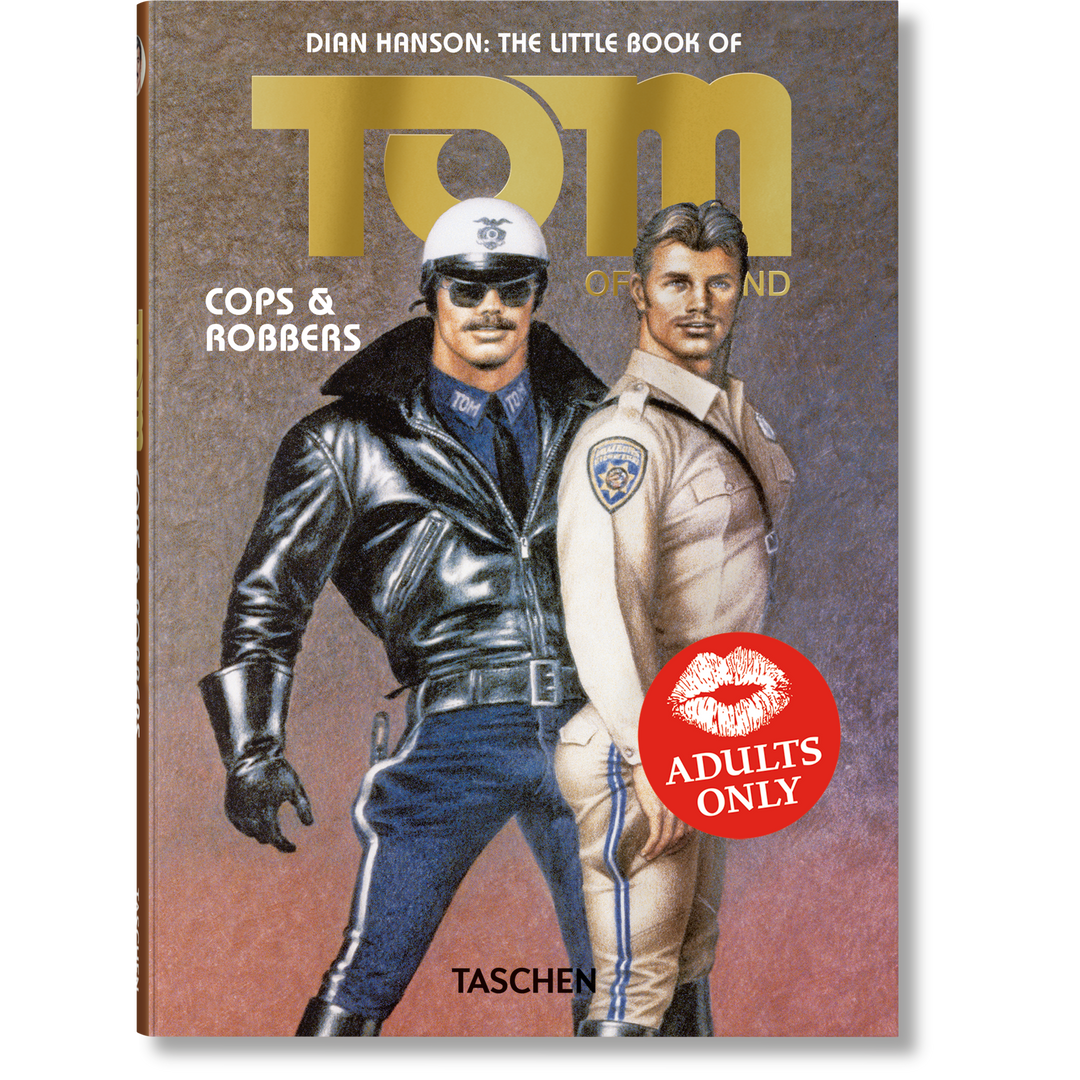
ICONS: Tom Of Finland : Cops & Robbers
- Low stock - 4 items left
- Backordered, shipping soon
Stop, in the name of love!
Tom’s take on policemen and criminals
Tom’s taste for police officers and felons—and for the tension between the two—developed late in his career. “I’ve never been to prison,” he told a class at the California Institute of the Arts in 1985, “but I hear it’s a closed world where there are different roles and people behave different from when they walk free. It fascinates me. It is another subject I come back to again and again.” By which he meant fantasized about again and again, since only those subjects that aroused him made it into his art.The uniforms of the California Highway Patrol motorcyclists were his favorite: tan and tight, with high boots and soft black leather gauntlet gloves. He created his own uniform variants as well, a cross between military and civilian police gear, and invented suitably butch criminals for his cops to apprehend, though once apprehended the power struggle could go either way. Tom was determined to show top and bottom as equally masculine roles, and his cops were as likely to end up happily speared by criminal cock as delivering corrective coitus. Though criticized by some for what appeared to be a glorification of power, Tom was always quick to remind that the world he created was a fantasy world, where anything was possible, and everything was consensual—even in prison.
The Little Book of Tom: Cops & Robbers explores Tom’s fascination with criminal justice through a mixture of multi-panel comics and single-panel drawings and paintings, all in a compact and affordable 192 pages. Historic film stills and posters, personal photos of Tom, sketches, and Tom’s own reference photos make this far more than another Tom’s Comics re-tread.
The artist
Touko Laaksonen, the boy who would become Tom of Finland (1920-1991), began drawing cartoons at age five. His favorite subjects were the rough manly men of his native Finland, as Touko knew from an early age that men interested him more than women. His talents were further honed by art study in Helsinki. He found success in the Finnish advertising industry but secretly continued creating his increasingly erotic drawings of hyper-masculine men. In 1957 he submitted some drawings to the American magazine Physique Pictorial and the “Tom of Finland” legend was born. By the late 60s Tom’s “dirty drawings” became the standard for gay art, and Tom’s Men a template for a new gay masculinity. Tom’s art continues to play an important role in promoting self-confidence, positive self-image and openness in the gay community.




